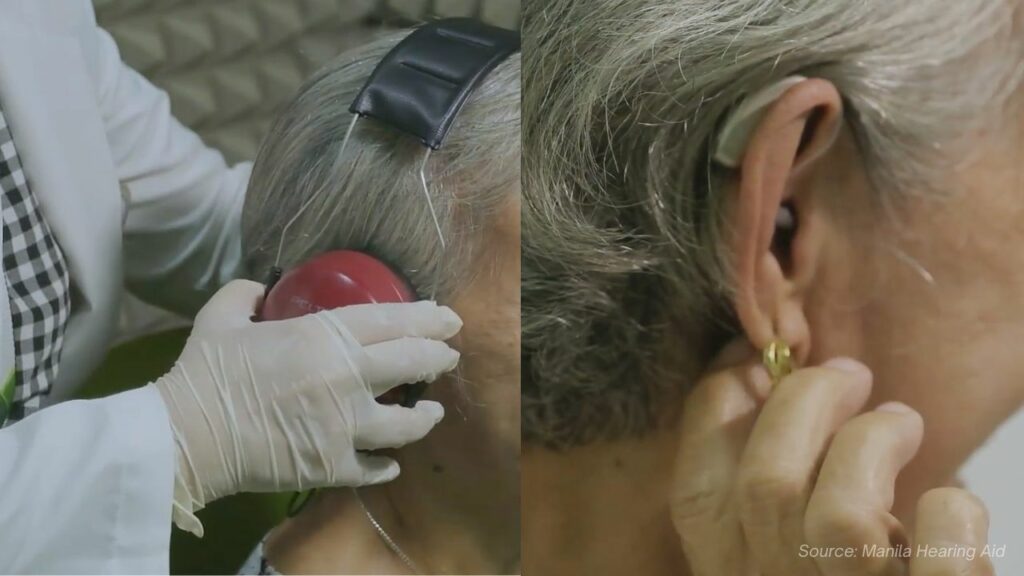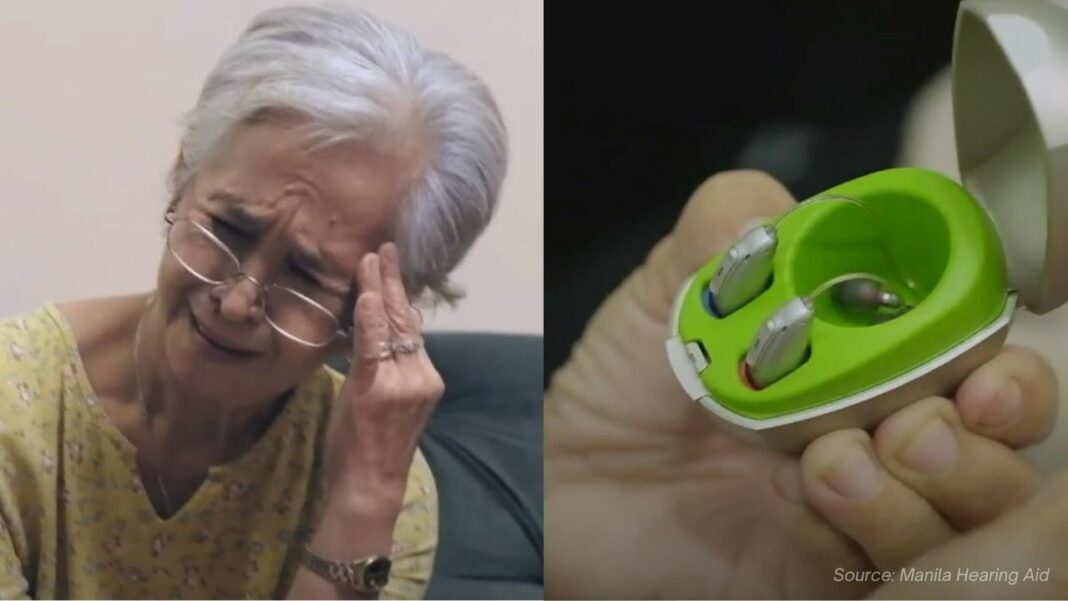Among the most common health problems in adults are vertigo, dizziness, and balance-related conditions. In the U.S., nearly 4 out of 10 adults experience vertigo at least once in their lifetime.
Vertigo is the sensation that your surroundings are spinning in circles around you. It can make you feel dizzy and unbalanced.
Contrary to popular belief, vertigo is not a medical condition but a symptom of a variety of conditions.
Difference between dizziness, vertigo, and balance
Adults experience dizziness as one of the most common health issues.
Feeling light-headed, faint, woozy, off-balance or weak are all symptoms of dizziness.
Vertigo is a type of dizziness in which you or your surroundings appear to be spinning.
Inner ear illnesses frequently caused dizziness such as benign paroxysmal positional vertigo (BPPV), migraine, and inflammation of the inner ear balance apparatus (called vestibular neuritis).
Types of Vertigo
To fully understand vertigo and how it is related to hearing health, it’s best to delve deeper into the two types of vertigo: central and peripheral.
Central vertigo occurs when there is a problem with the brain.
Infections, brain tumors, traumatic brain injury, and stroke are all potential causes.
For this article, we will focus on peripheral vertigo, which occurs when there is a problem in the part of the inner ear that controls balance; these areas are known as the vestibular labyrinth or semicircular canals.
Examples of peripheral vertigo:
● Benign paroxysmal positional vertigo or BPPV – is the most common form of peripheral vertigo which causes short, frequent episodes.
It is triggered by certain head movements.
Small pieces of anatomical debris are thought to break off from the inner ear canals and stimulate the small hairs that line your inner ear.
This causes your brain to become confused, resulting in dizziness.
● Labyrinthitis – the feeling of moving when you aren’t.
If you have this type of vertigo, it means you have an inner ear infection which is accompanied by fever and earache.
The infection is in the labyrinth, hence the name, a structure in your ear that is responsible for hearing and balance.
● Vestibular neuronitis – occurs suddenly and can cause dizziness, earache, nausea, and vomiting. Vestibular neuronitis occurs when an infection spreads to the vestibular nerve, which controls balance. This condition usually happens after a viral infection, such as the common cold or flu.
● Meniere’s disease – causes unexpected vertigo that can last up to 24 hours. The vertigo is frequently severe enough to cause nausea and vomiting. Meniere’s disease also causes hearing loss, ringing in the ears, and a sensation of fullness in the ears.

Diagnosing Peripheral Vertigo
Your doctor can determine if you have peripheral vertigo in several ways.
One is to examine your ears for signs of infection.
You may also be asked to walk in a straight line to assess your balance.
If your doctor suspects BPPV, he or she may perform a Dix-Hallpike test.
During this test, your doctor will quickly move you from a sitting to a lying-down position, with your head at the lowest point of your body.
You will face your doctor and must keep your eyes open so that your doctor can monitor your eye movements.
For people with BPPV, this movement causes vertigo symptoms.
Depending on your symptoms, your doctor may also order balance and hearing tests or imaging studies of your brain and neck (such as an MRI scan) to rule out other causes of vertigo.
How Audiologists Can Help
Dizziness and balance problems may be signs of a more serious health problem.
Consult a professional right away if you are experiencing blurred vision, hearing loss, falls, or walking difficulties.
Here in the Philippines, an ENT (ear, nose, and throat) doctor who specializes in balance disorders can provide balance testing and patient care—with the support of their recommended hearing care centers with a trusted audiologist for additional tests if the patient also has hearing loss.
Some balance tests use specialized equipment such as wearing goggles, sitting in a rotating chair, or even taking tests in the dark may be required.
Manila Hearing Aid is a trusted hearing care center by ENT doctors in conducting audiometric testing for patients with hearing loss, who are diagnosed with vertigo at the same time.
They offer the highest standards of audiometric tests that can help determine the type, degree, and configuration of hearing loss.
The clinic’s hearing care specialists are well trained and fully equipped to guide patients on specific hearing tests they must go through.
Hearing Loss and Vertigo
Our ears oversee more than just hearing.
A person might also experience hearing loss or tinnitus if he or she has peripheral vertigo depending on the diagnosis of their attending doctor given that the ears house the vestibular system which is responsible for the sense of balance and motion of a person.
However, hearing loss and vertigo, or other balance disorders, do not always go hand in hand.
You can have hearing loss without ever having a balance problem, or you can have vertigo without hearing loss.

Treatment of Vertigo and Home Remedies
Depending on the cause and type of vertigo, there are some simple movements that can be done at home to offer relief.
Note that before trying out these treatments and home remedies, it is best to first consult your doctor to determine a diagnosis.
For peripheral vertigo, some recommended treatments with advice from doctors are:
● Epley maneuver – a 15-minute exercise specifically for BPPV that helps return the crystals that control balance to the correct place in the ear
● Combination of lifestyle changes, balance exercises, and medication
for chronic vertigo conditions
While vertigo cannot normally be prevented, there are certain steps you can take to minimize the likelihood of occurrence.
Avoid:
● Bright lights
● Rapid head movement
● Bending over
● Looking up
● Cutting down on salt, caffeine, and alcohol
● Lowering stress levels
Vertigo can be a disabling condition that can last for hours, days, or even months.
It can render patients unable to work or walk without falling.
The good news is that there’s always a way to manage this condition with the right partner in balance care and hearing health care if hearing loss is also present.
As part of their brand promise to offer a wide range of hearing care solutions, Manila Hearing Aid also partners with various hospitals in the country by providing gold-standard balance testing machines and equipment from world-renowned brands – designed to diagnose patients with vertigo or balance conditions.
To learn more, visit manilahearingaid.com.ph for further information.


